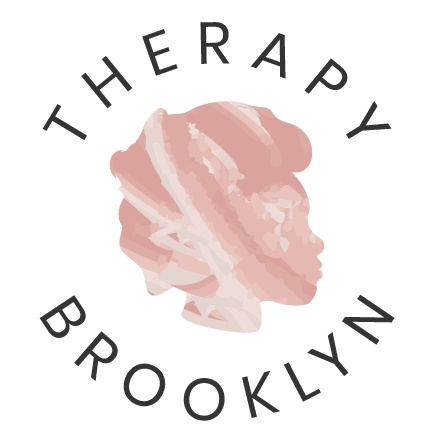stephanie yuan, LP-MHC
stephanie yuan (she/they/any) is a neurodivergent, queer Chinese American therapist and abolitionist community care worker. In her experience, mental health troubles often emerge within a history of interpersonal, relational, and sociopolitical ground. From our history, we inadvertently internalize certain stories about ourselves that worm their way into our identity/self-concept.
For example,
I am a failure.
I am broken.
I am not deserving of love and care.
I am a burden.
I am not worth it.
Without a doubt, I can guarantee that none of these statements are true, but the problem is that they feel true. No matter how much you or others try to rationalize them away, they feel so true that they, consequently, shape all parts of our reality. So what do we do? When the ground we stand on is quicksand (or lava)? In her experience, the answer to this question often emerges relationally. One such relationship where you could discover the answer is the one between a therapist and therapee.
In this therapeutic container, you will be able to tell if there’s fertile ground within the working therapeutic relationship if you feel comfortable enough to trust your co-collaborator, (i.e. your therapist–maybe me!). As a long-time therapee, I understand that there is no forcing trust or openness. Whether the space feels safe to you is up to you, but I can promise that, as an abolitionist, I center your freedom, autonomy, and agency. I am conscious of the systematic and systemic manners in which institutions, blatantly and subtly, seek to maneuver us at our expense—I refuse to be one of them. As a therapist hoping to foster a nonjudgemental, critically conscious, and transformative space, I approach my work guided by my values of radical candor, curiosity, and transparency to expand what can-be by integrating what-is and has-been.
I primarily work within narrative, existential, and relational psychoanalytic therapeutic frameworks (including IFS), and, as in the rest of my life, am guided by liberatory, decolonial, and dialectical critical theory. Movements such as transformative justice, disability justice, and decolonial movements such as those in Palestine and Kashmir.
Though no one person is the same, and therefore will not have the same answer, I can say that, I believe that growth is often–paradoxically–a turn away from a more concrete “self” and towards a familiarization and acclimation to the uncertainty of who “you” Could-be.
Her specialties include interpersonal process group therapy, complex trauma, identity exploration, interpersonal relationships, and addiction.
Therapy Specialties
Complex Trauma |Addiction| Identity Development
Schedule a free phone consultation.

